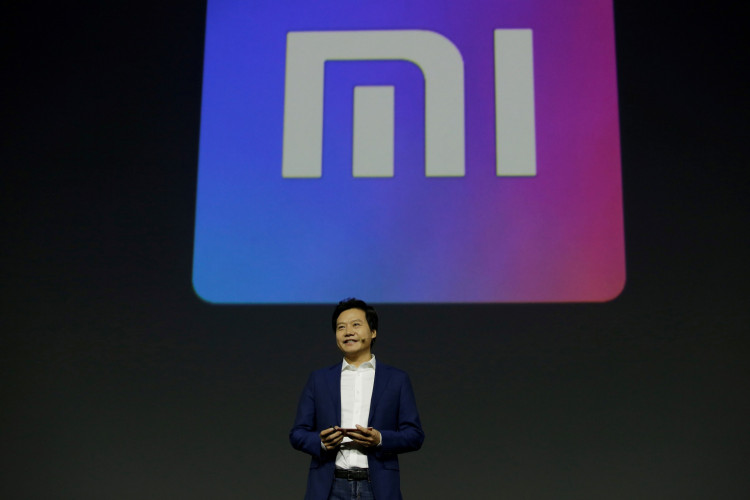Tech giant Xiaomi recently announced that it is pouring new investments towards the research and development of its own processing chips. The company added that it plans to use these processors on its own smartphones and some other devices.
Xiaomi is the world's fourth-largest producer of smartphones. The company has been heavily reliant on third-party processors to power its smartphones. A processor is one major component that powers a smartphone, and with millions of smartphones being built every day, this means that Xiaomi is buying millions of processors from its partners. Xiaomi can cut off the third-party provider and save tons of money, if only it has the capability of building its own processors.
With its ultimate goal of being able to produce its own chips, Xiaomi announced that it is buying a 6 percent stake in Chinese chip designer VeriSilicon Holdings. With this investment, Xiaomi became the second largest investor of VeriSilicon, the largest being the Chinese government which funds tech companies through its China Integrated Circuit Industry Investment Fund.
VeriSilicon is based in Shanghai. It has around 700 employees, all of whom are working in five different research and development facilities located in both China and the United States.
This is not the first time Xiaomi delved into the processor manufacturing industry. In 2017, the company released the S1 system-on-chip. The S1 eventually found its way into two of Xiaomi's mid-range smartphone lineup which was released only in China. Since then, the company has yet to release a follow-up to the S1.
For most of its smartphone lineups, Xiaomi has relied heavily on the Qualcomm Snapdragon chipset. The company's rival and fellow Chinese tech giant Huawei, on the other hand, has its own chipset manufacturing arm thanks to its subsidiary HiSilicon. Huawei has been developing its own chipset called Kirin which based on the ARM architecture.
With the United States putting Xiaomi on trade blacklist, it makes it difficult for the company to acquire components or raw materials for the manufacturing of its products. Hence, the push for an in-house division that can produce its own chipset has never been so important.
Xiaomi's goal of producing its own components, especially chipset, means that the company will no longer be reliant on American suppliers. This will make it easier for the company to deliver goods, especially in the current political climate of the United States. Aside from convenience, Xiaomi will also save tons of money if it can produce its own components instead of relying on third-party companies.




